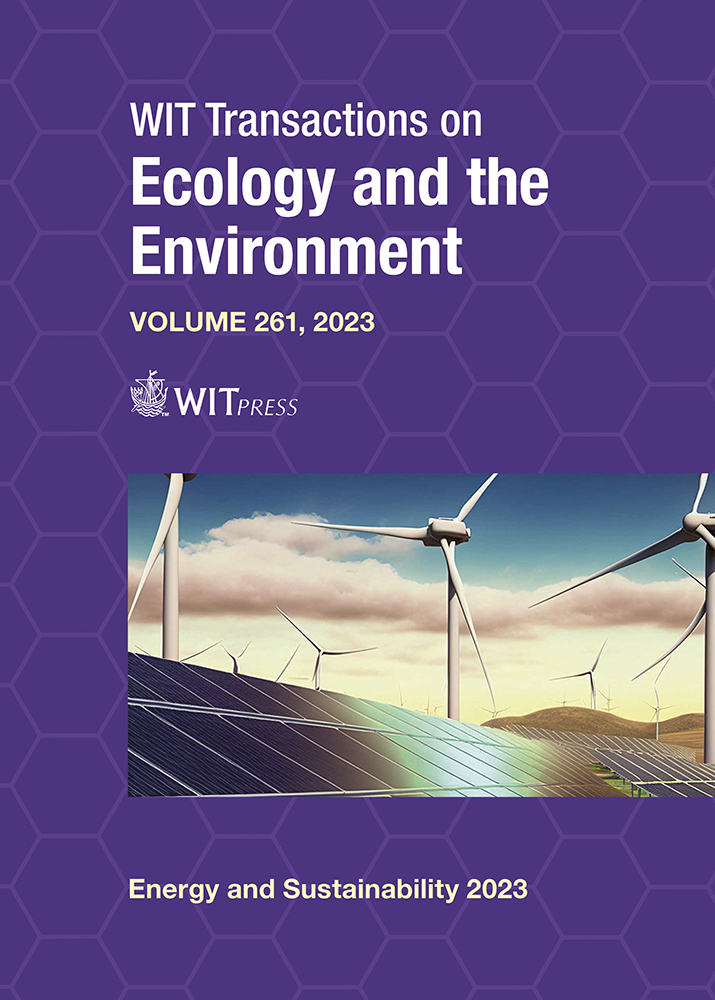DEVELOPMENT OF AFFORDABLE MOBILE SOLAR POWER SYSTEMS FOR CLEAN ENERGY ACCESS
Price
Free (open access)
Transaction
Volume
261
Pages
14
Page Range
191 - 204
Published
2023
Paper DOI
10.2495/ESUS230161
Copyright
Author(s)
ALIREZA E. MAJD, FIDELINE L. TCHUENBOU-MAGAIA, DAVID ADEBAYO, PAUL BATES, JAMES WILLETTS, DAVE NWOSU, ZLATKA STOEVA, NDUKA N. EKERE
Abstract
The Paris Agreement and the 2030 Agenda for Sustainable Development emphasize the urgent need to fight against all forms of poverty, advance sustainable development, and achieve a low carbon future. Electricity is critical for poverty alleviation, economic growth and living standards improvement. According to the World Bank, there is some improvement in global population access to electricity, although global energy access is still a real challenge with around 675 million people without access to electricity. Moreover, the number of people without electricity in sub-Saharan Africa (SSA) has rather increased with electricity reaching only about 50% of the population. In this context, a 4 kW foldable mobile solar power system (FMSPS) with 20 kWh energy storage has been developed and used as an educational tool for school outreach as well as a demonstrator for sustainable back-up power alternative to diesel generators for clean energy access in communities with high energy poverty. The system is uniquely designed to offer easy manufacturing, cost-effectiveness, high aerodynamic stability, and reliability alongside manual operation for minimal maintenance requirement. FMSPS was designed and manufactured as part of over £1 million funding awarded by Innovate UK under the Energy Catalyst Round 8 (Clean Energy Access) Competition. The collaborative research and development project aims to develop and demonstrate the next generation sodium-ion battery energy storage integrated with solar energy generation, to provide affordable and secure access to energy in SSA.
Keywords
energy poverty, electricity access, sustainable development, mobile solar power system





